Revolution, transformation, reform- for some, these words can sound sharp and lethal. But why? Well, for starters, their definition suggests change- perhaps unwanted depending on your circle. The words also insinuate that what you once depended on is no more. Nevertheless, like it or not, change is in the air.
Now I’m not talking about a change in government, religion or anything else so grand. I’m talking about a change in publishing. It’s a reworking of procedure. It’s a change in how manuscripts are published, books are reviewed, and new authors become popular. While classic publishers might tell you that the latest makeover is the beginning of the end, other, more modern thinkers would argue that its just the adjustment that the book world needs.
For years, the publishing world went something like this- a writer labors over a story. They then pitch it to an agent. If an agent agrees to represent them, they propose the manuscript to a publisher. If the agent is talented enough, the publisher agrees to publish it, and depending on the book’s popularity, eventually a newspaper or radio show might review it, helping the book earn additional readers. The cycle repeated itself for decades, and only the strongest survived.
With modern technology, and a little something called the “internet”, things have changed. Authors can now submit their work to certain publishers without representation, or elect to publish it themselves. If a pitched publisher decides they like the manuscript, they contract the work, with an emphasis on sales instead of advances. Bloggers and other readers then write reviews for the work on social media sites and if enough followers and fans enjoy the book, an author can expect a better chance at publishing their next manuscript.
Where once a writer was forced to depend on the system, the ball is now in their court. It’s no longer about crossing your fingers as much as it is effort and determination. If you want to publish a book, you obviously need to still be a great writer (some would argue even more so now), but you can also take hold of the business side if you’d like. And while many classical publishers would argue these new methods have helped destroy the publishing world, the final numbers don’t favor their mentality.
Take for example the latest column in Yahoo News’s The Exchange. According to columnist, Aaron Pressman, while certain publishers and bookstores are on the ropes, the sales of ebooks are at an all time high. Take for example a consumer report that studied electronic book sales throughout the last decade. While ebooks started as a 68 million dollar industry, in 2012, it improved to an all time high of 3 billion dollars- the most that the publishing market has ever seen. In addition, this study is only focusing on published ebooks. It does not include the countless self-published works that consumer reports have difficulty tracking.
Now take in to consideration that in 2012, hard and electronic copies made a combined total of over15 billion dollars. This sales milestone is not only record breaking, but also a forecast in the rising numbers we can expect to see in the future. When added up, you quickly realize that while the procedures for producing books may have changed, the publishing world is by no means at an end. So why the bad blood?
Well, for every action, this also an equal or greater reaction, and the latest practices are no different. Publishers fear the change in publishing procedures gives way to monopolies like Amazon cornering the market. Publishers also fear that they’ll be held prisoner by ebook sales, which eventually may have more demand, but will sell for much cheaper. Most importantly, small publishers, self-publishing, and online book websites take the power out of the publisher’s hands. Major publishers can no longer dictate the rules of what is and isn’t a good book, and what they’d like to push onto the market. It gives a bit more power, perhaps only temporarily, back to the writer and reader.
Now to add the final piece…my half-witted opinion. Paradoxically, though I might sound like I’m siding with the change in atmosphere, I’m not. I’ve always been a firm believer in hybrid solutions, and the recent publishing change is no different. Do I think that the classic method of publishing is outdated? Of course. Do I want the domination of the book market to simply change hands to companies like Amazon on Kobo? Heck no. The truth of it is though, while I’d personally love for mid sized publishers to regain power and start signing authors due to talent and promise, I know that there’s a lot of work in order to get it to that point. In the end, what I’m actually trying to say is that like it or not, the publishing world is changing.
So, this Fifth of November, when some of us celebrate Guy Fawkes Night, a commemoration that celebrates the failed attempt to blow up British Parliament, why not ask yourself if change is really so bad? In the publishing world, it seems to be inevitable. Let’s hope that with a little bit of care and effort, readers and writers alike can take back the publishing world. If we can embrace the change, then we can use it in order to make sure that publication is no longer an activity that one is powerless to control. It can be change that we use to our advantage- a change that we remember.
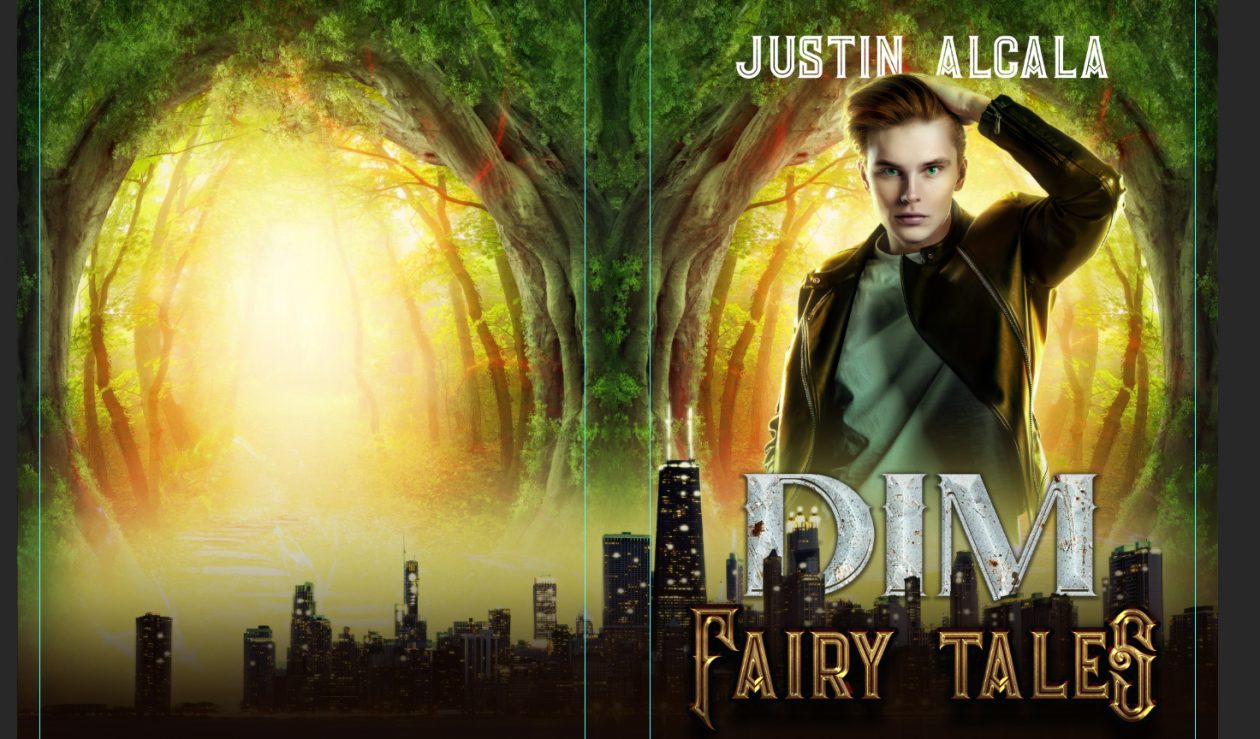

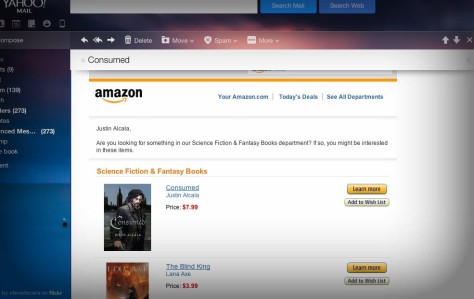
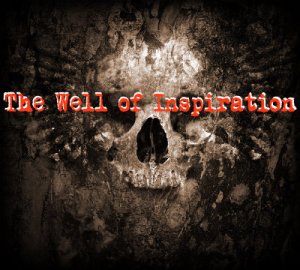
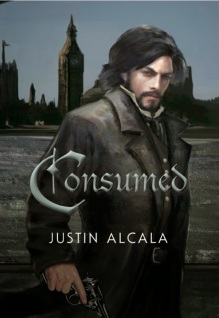
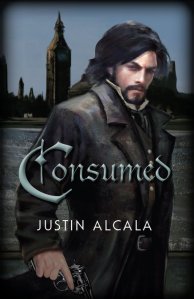




No comments:
Post a Comment